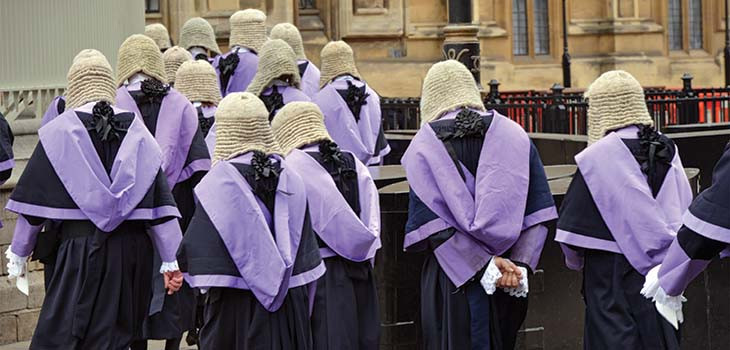
The Judicial Review and Courts Bill may be described in some quarters as ‘relatively uncontroversial’―but it has ‘potentially far-reaching effects’. Writing in this week’s NLJ, John Cleverly, senior associate at Osborne Clarke and Azeem Suterwalla, barrister at Monckton Chambers, explore the unexpected effects of the Bill, which endured a bumpy ride at second reading in the House of Lords this week and is now on its way to scrutiny at committee stage
Cleverly and Suterwalla discuss whether suspended quashing orders might mean more claims being allowed through? For example, how will it affect the judicial response to assessing delay?
They write: ‘A claim which has not been brought “promptly” may be thrown out by the court if people have already begun to rely on the decision being challenged, and therefore it would have a negative impact on those people for the court to set the decision aside, and the claimant should have acted more quickly to avoid that detriment.
They write: ‘A claim which has not been brought “promptly” may be thrown out by the court if people have already begun to rely on the decision being challenged, and therefore it would have a negative impact on those people for the court to set the decision aside, and the claimant should have acted more quickly to avoid that detriment.
‘However… it might be possible for a claimant accused of not bringing a claim promptly to say that the court can side step the potential prejudice to people who had relied on the newly invalid government action, by making a suspended quashing order.’
RELATED ARTICLES










